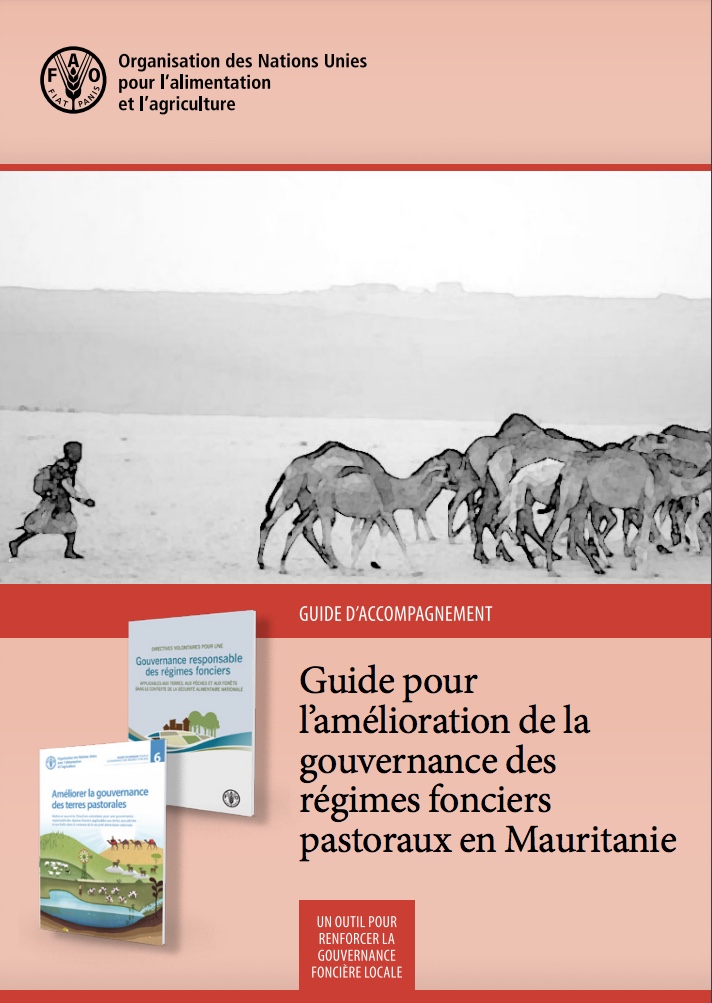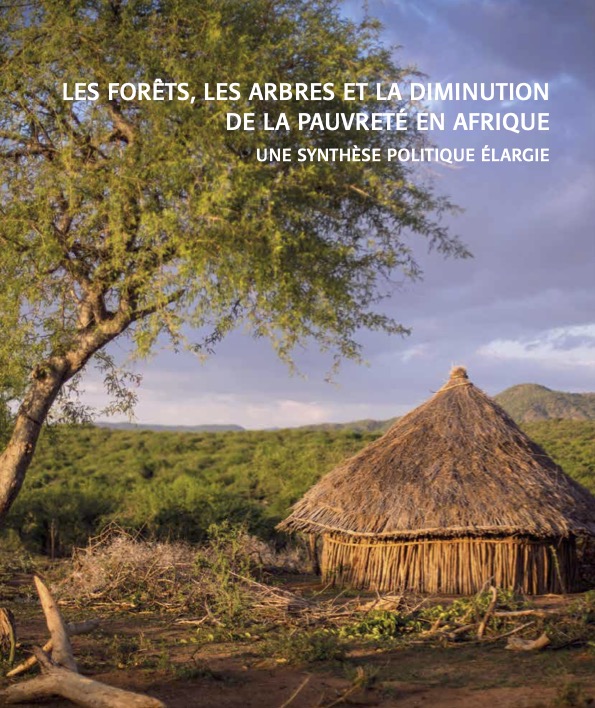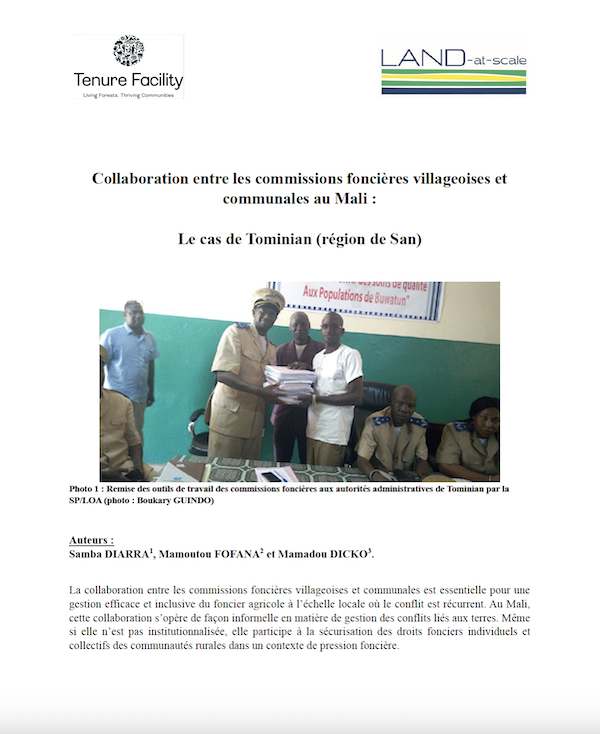Land tenure reform and the drylands
The paper focuses on the need to rethink conventional wisdom on land tenure approaches and asks how we can best respond to the land tenure problems. It provides a comparative overview of land tenure systems in the drylands, identifies challenges and trends in land tenure reform projects, and offers ideas for decision-makers





